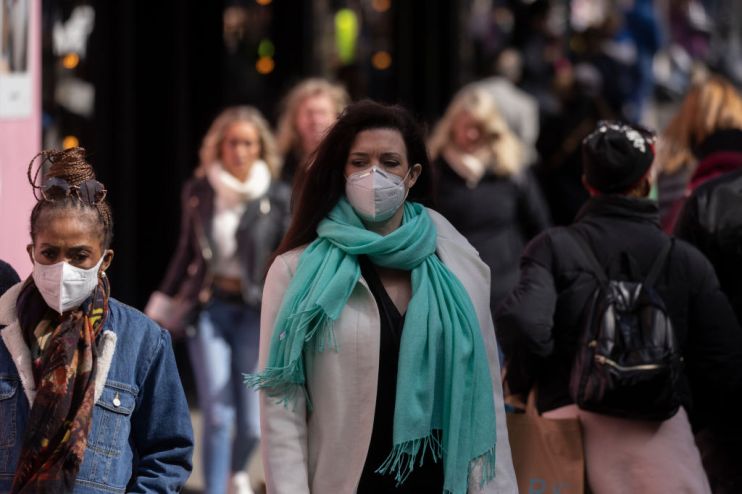National insurance hike sparks wave of job cuts

Businesses have unleashed a wave of job cuts to cope with being hit by the national insurance hike, reveals fresh research released today.
The pipeline of redundancies has taken off in the last month alone, triggered by firms scrambling to protect their bottom lines ahead of a series of damaging tax rises.
The number of planned redundancies has more than doubled over the last month, rising to over 18,000 in February, according to data from the Insolvency Service.
Firms have to alert authorities of their plans to sack 20 or more staff.
Firms have sought to reduce their wage bills to offset the 1.25 percentage point national insurance hike eating into their margins.
City banks and finance firms are planning on sacking over 5,400 workers, among the highest of any sector in the UK.
Although planned job losses are already high, they are expected to rise even further as a result of Russia’s invasion of Ukraine sending energy prices soaring.
Soaring energy bills is likely to “lead to cost cutting,” Raoul Parekh, partner at GQ|Littler, a law firm that analysed the Insolvency Service figures, warned.
Firms are also reining in costs to brace for an anticipated slide in demand.
The UK economy is expected to grow much slower than first thought this year, sparked by consumers slashing spending due to wages failing to keep pace with one of the worst inflation shocks in a generation and a swelling tax burden.
Living standards in Britain will erode at the steepest rate since 1956, according to the Office for Budget Responsibility (OBR), while GDP will grow 3.8 per cent, lower than the six per cent previously projected.
“Businesses are making redundancies in anticipation that consumer spending will drop off in some sectors due to the cost-of-living crisis which is expected to be exacerbated by the rise in national insurance rates in April,” GQ|Littler said.
The national insurance hike has been characterised by economists as raising the cost of employment for businesses, which can water down incentives to hire and retain staff.
The rise came into effect on 6 April. Employees will also have to pay more national insurance, reducing their capacity to spend.
Higher operating costs come as firms are still trying to repair the damage inflicted on their balance sheets from the economic shock caused by the Covid-19 crisis and virus curbs.
This month has kicked off a period of rising tax bills for businesses and households.
Hospitality firms’ VAT rate has reverted to the normal 20 per cent after it was slashed to 12.5 per cent during the pandemic, while directors who receive income from dividends will be subjected to a higher tax rate.
Next year, corporation tax will also rise to 25 per cent from 19 per cent.
The government’s collective fiscal tweaks are forecast by the OBR to send the tax burden to its highest level since the late 1940s.